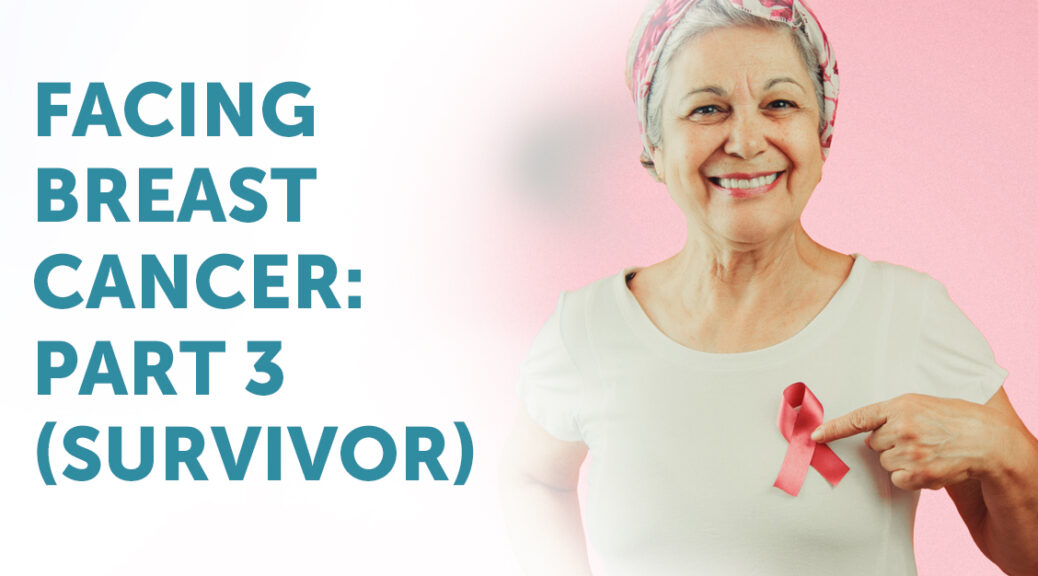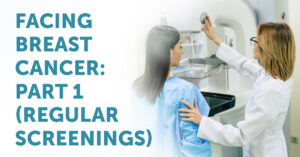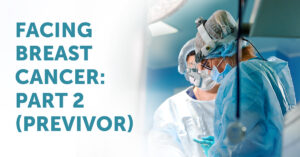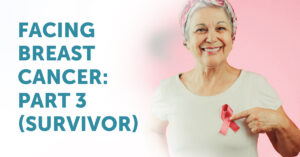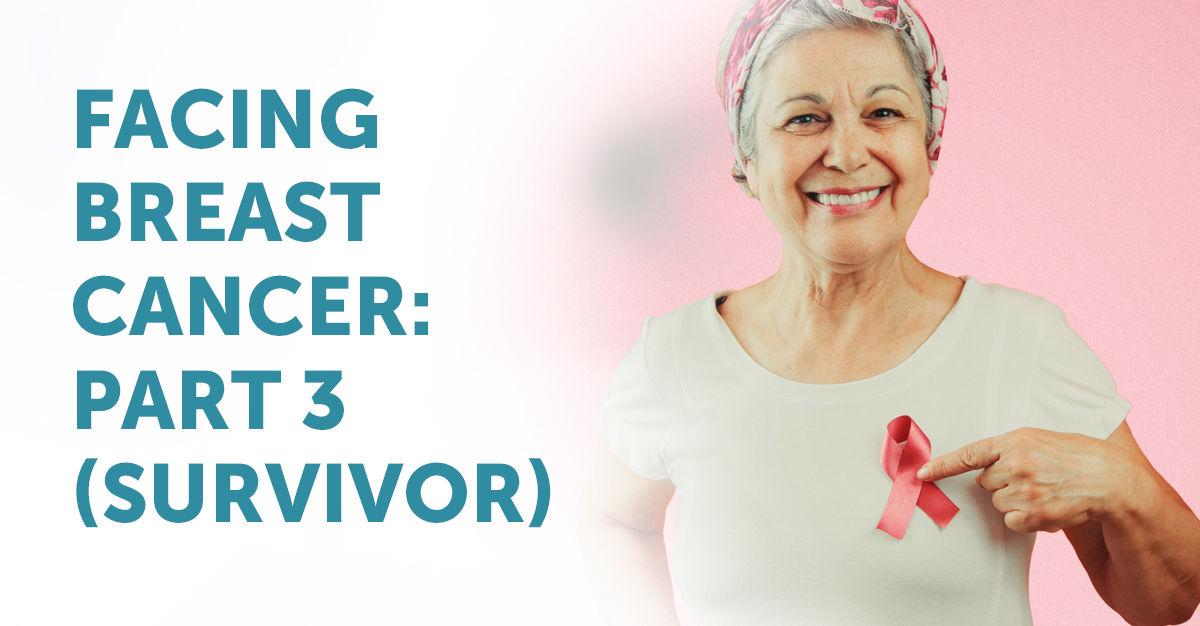
For Breast Cancer Awareness Month this October, we’re getting personal and sharing stories from women we work with and love, who have gone through their own health journey with breast cancer or conditions related to breast cancer. Each story and experience is different. We hope these stories help push someone who may be on the fence regarding mammograms and care, to be proactive about their health, advocate for early detection, and support those who may be going through similar journeys.
Esperanza’s (Hope’s) Story: Breast Cancer Survivor (Getting a Positive Diagnosis)
At 48 years old, right before I was supposed to go in for my yearly mammogram, I started suffering from night sweats. I went to see my doctor about my fever, and he just prescribed me Tylenol, but I continued to have high fevers at night, and I would wake up the next morning with my sheets saturated with sweat. I decided to visit a gynecologist and told him about the other doctor who prescribed me Tylenol. He promptly told me that this issue would not be fixed with just Tylenol. I also told him that I noticed a lump in my right breast.
He ordered some blood tests and a biopsy of the mass in my breast. A couple of days later, the doctor called me saying, “I would not have liked to give you this news, but I must tell you that the tests came back positive for cancer. Don’t worry, I will arrange everything for you to be seen at M.D. Anderson in Houston, and I will pay close attention to everything they do for you in the cancer center.”
Starting Breast Cancer Treatment
I was scheduled to be seen just a week later at M.D. Anderson and had surgery to remove my right breast. The oncologist told me that the cancer I had was very aggressive and the team even had to remove parts of the tendons around my shoulder. I decided to go ahead with the chemotherapy treatments just three weeks after the surgery. My gynecologist then offered to give me a letter for a leave of disability, but I refused it and said I would ask for it when I really needed it.
When I would go to my chemotherapy treatments, I had severe nausea and vomited many times. I wasn’t eating very well, and the smell of food made me nauseous. Even the smell of Coke made me nauseous, which had been a huge vice of mine for some time. But after the treatment over the weekend, some of the nausea would wear off, I would come home and go to work during the week.
Dealing with Complications
I had 10 or 11 chemo sessions. After the entire treatment, one morning after I woke up and looked in the mirror, I noticed I was covered with bruises all over my body and blood that seeped out of my eyes and ears that had dried overnight. That same day, I was already scheduled to see another oncologist to run some tests. When I came to the office, my doctor was perplexed and quickly put me in a wheelchair to run several tests. I ended up staying at the cancer center for a full month.
They gave me blood transfusions because my blood platelets kept decreasing. I did not have the strength to even lift my arms! The doctors told me that I would need blood from either a sibling or from one of my children, so it was decided that it would be my son Ivan who would donate. After I was given transfusions, the specialists told me that it was successful and my platelets were rising, but after three days, my platelet levels went down again.
There were specialists from other hospitals who came to suggest other medications and treatments, but none of them were successful. Then they decided to perform a spinal tap, where they took fluid from my spinal cord. The needles they used were gigantic and they had to do the test several times. Even though they gave me anesthesia, I felt everything. The next morning, I woke up with blood coming from the sites they had punctured me with the spinal tap. They ran more tests and told me that they had to remove my spleen. After that, my health seemed to get better over time.
Looking Back
When I was a little girl, I was sick all the time. I had the same symptoms I had back then, with the fevers, the bruises & the blood clots; but when I became a woman and had my first menstrual cycle, everything went away, and I suppose, helped to regulate the things going on in my body. The town doctors could never figure out what was wrong with me when I was a little girl. I always thought I would have problems later in life when I no longer menstruated, which came to be true.
I had begun my perimenopause stage when I began suffering night sweats and was given the cancer diagnosis. As an adult, I became very disciplined about keeping a journal and writing down any symptoms and how I felt that day. I was also very on top of scheduling my doctor’s visits and exams.
I am very thankful I have been in remission for over 30 years now and no longer have to see my oncologist but has become a lifelong friend. I will always remember the friends I made during my chemo treatments in the cancer center who unfortunately did not make it. As a breast cancer survivor, I believe it is very important to look after your health because it is one of the most important things in life aside from your family.
Ending This Series
These stories are just a small glimpse into the diverse and complex world of breast cancer. They emphasize that awareness, early detection, support, and education are our strongest allies in the face of this challenging diagnosis. If you or a loved one have questions about breast cancer speak to your care provider. Additionally, there are many organizations like Susan G. Komen that do a great job pushing for awareness and research.
Physical therapy plays a crucial role in the holistic recovery process for breast cancer patients. Following breast cancer surgery, radiation therapy, or chemotherapy, individuals often experience physical challenges, including reduced range of motion, muscle weakness, and pain. Physical therapists help patients regain their mobility, reduce post-operative complications, manage lymphedema, a common side effect of breast cancer treatment, and address these issues by designing customized exercise programs that aim to improve strength, flexibility, and overall physical function. By tailoring their approach to the specific needs and limitations of each patient, physical therapists are instrumental in aiding breast cancer survivors on their journey toward improved health and a better quality of life.
View the Full Blog Series

